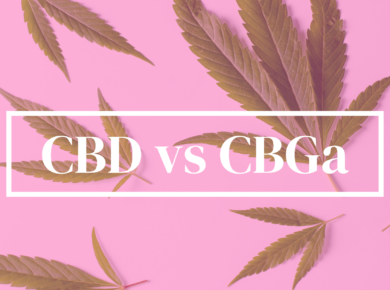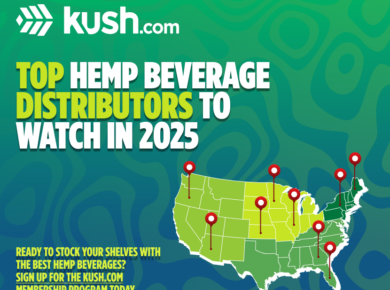This weeks Hemp update recognizes the squeeze in the biomass market and what is driving the pricing index in August. In the past month, we have seen the USA reserves of high quality hemp nearly disappear. We would expect to see the market prices continue to climb for biomass, but I am seeing a price ceiling forming around the $6.5 – $7.0 / % pt mark for two reasons.
Please answer our weekly Hemp Survey, we release survey results in the following week.
 The first reason is the importation of CBD. Raw materials are arriving from Canada, China and other countries to take advantage of arbitrage opportunities to make money. This is the future of the industry, with open borders and import export. Right now, the issues stem from quality control, and there are issues with out of country material. First, hemp is a soil remediator. In countries such as China where the soil quality is notoriously contaminated, this can result in terrible contamination in hemp material and oils derived from this material. Second, a warning, some companies are supplementing their manufacturing of CBD with out of country origin CBD due to the cost of raw materials to process.
The first reason is the importation of CBD. Raw materials are arriving from Canada, China and other countries to take advantage of arbitrage opportunities to make money. This is the future of the industry, with open borders and import export. Right now, the issues stem from quality control, and there are issues with out of country material. First, hemp is a soil remediator. In countries such as China where the soil quality is notoriously contaminated, this can result in terrible contamination in hemp material and oils derived from this material. Second, a warning, some companies are supplementing their manufacturing of CBD with out of country origin CBD due to the cost of raw materials to process.
The second factor holding prices steady is CBD Crude oil. Currently raw CBD Crude prices for a contract of 500 – 1000 kilos are hovering between $2,850 / $3,500 per kilo of CBD content for crude material that is 45%+. This is the first major sign of industrialization and a glimpse of the future of this agricultural industry. Because the supply of high quality plant material is dwindling, production costs for many labs who produce CBD isolate are rising. To create the same volume of raw crude CBD oil, you have to process four times as much 3% CBD material as 9% material! Many labs are not designed to the scale necessary to accommodate for the low quality hemp on the market. We are finding that purchasing raw crude CBD oil is now a viable alternative for labs to produce CBD distillate and Isolate.
The reason CBD Crude has become price competitive is the scale of the processors making this raw extract. When a processor can run 10,000 lbs of material of day, this saves money on labor and costly machine time. These businesses operate on a completely different scale than many labs producing higher level extractions. Ultimately this means that crude has become a more effective starting material than doing in house crude extraction from biomass.
My crystal ball says that our perception of what a large scale raw crude extraction is, will completely change in the next 18 months. With the farm bill on the cusp of legalization, we are going to see large contract processors who service the alcohol and agriculture industry enter the hemp market. This will make primary extractions obsolete for small businesses trying to compete in the new commodities market. I hope you enjoyed this weeks update, please leave questions or comments below.
Please answer our weekly Hemp Survey, we release survey results in the following week.
Thank you,
Michael Gordon
CEO
If you’re looking for a consistent supplier of CBD Isolate at a fair price, check out the listing below:





